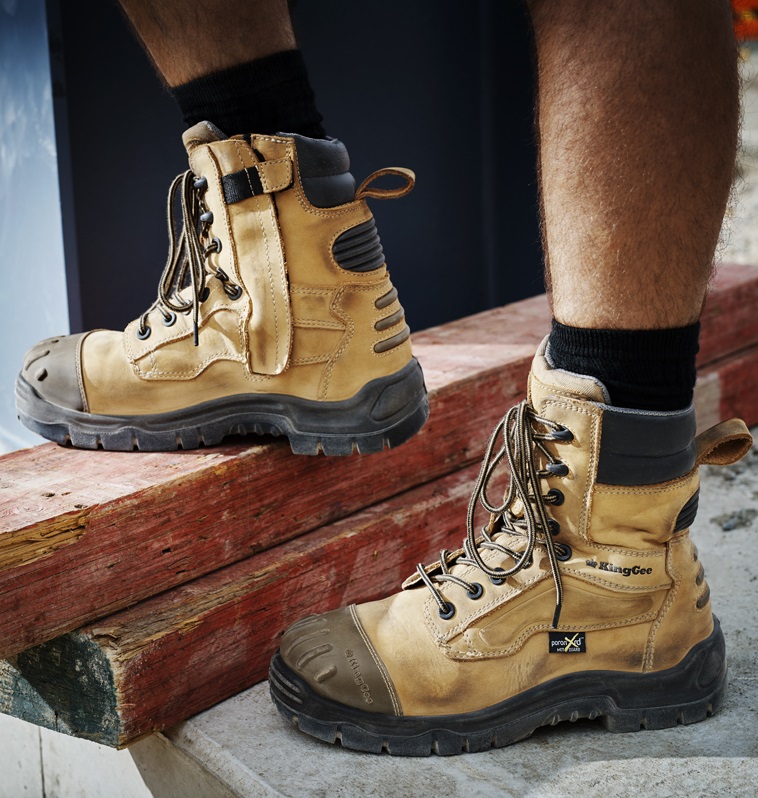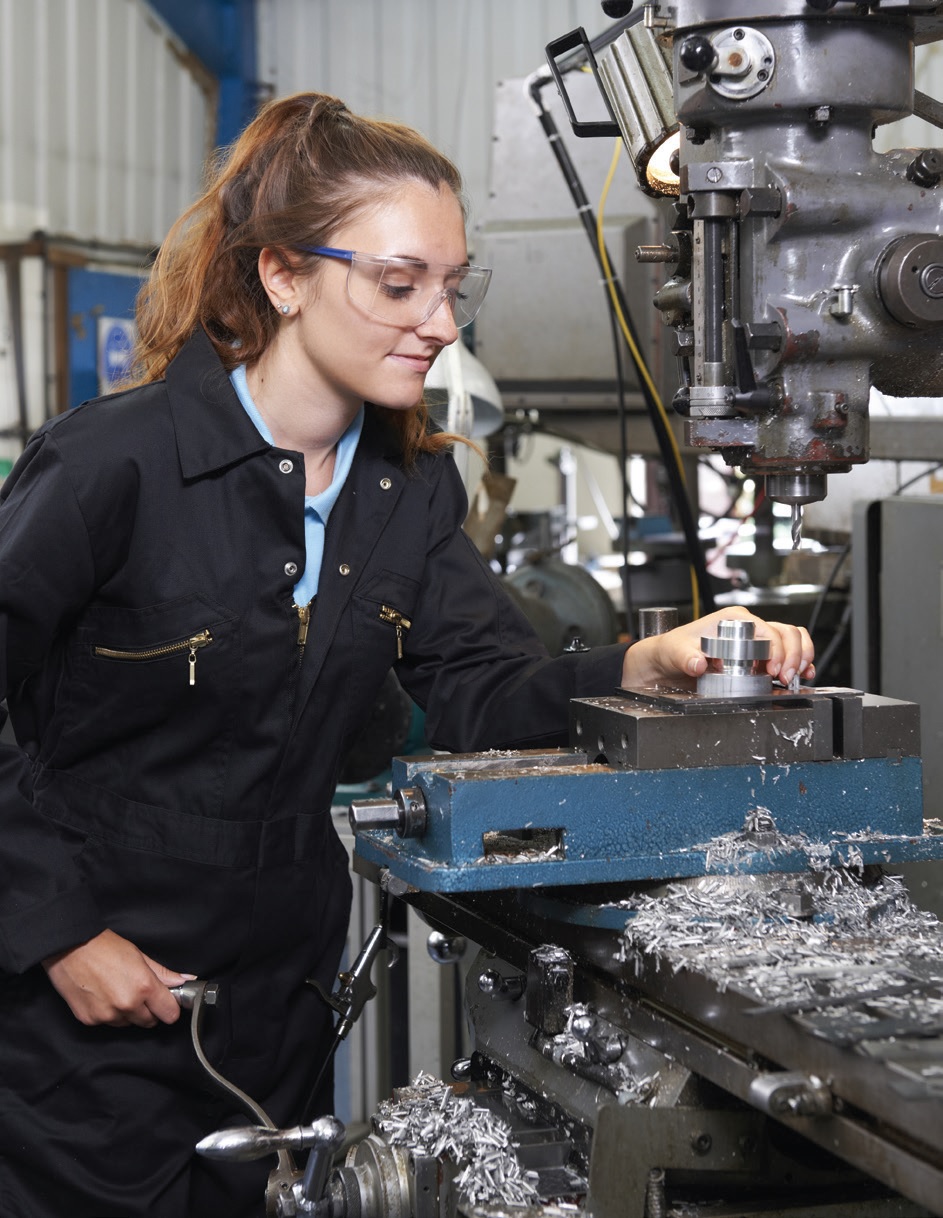Trades & Services
Common problems on worksites and in factories
Any work that involves walking or standing for long periods is hard on the feet, with up to twice your body weight in force applied through your feet and legs with every step. Your feet are taking a lot of force over extended periods! Pain is common in the heel, balls of the feet, and arches.
Most foot injuries occur in manufacturing, construction, transport, and storage workers, ranging from cuts, bruises, and sprains from falling objects and trips and falls to overuse injuries such as sprains and stress fractures.
Risk factors
 |
Standing in one spot or walking for more than 4 hours at a time Overuse injuries are prevalent among people who are on their feet for long periods. Proper foot care is paramount to relieving discomfort and preventing more serious injuries from occurring. When your feet are sore and tired, you are at increased risk of tripping and falling. Supportive footwear and/or orthotics can reduce your risk of injury. Walking on hard surfaces |
How to reduce your risk
Common overuse injuries among workers include repetitive strain injuries to the Achilles tendon, stress fractures through constant force applied to the feet, arch pain (as arches can be strained through long periods of standing and carrying weight), and heel pain.
These problems can be avoided by:
- Wearing supportive shoes: Shoes that are properly fitted with comfortable inners, lower heels and good arch support are recommended to reduce discomfort and prevent injury.
- Changing position regularly: Keep your muscles mobile and give pressure points a rest. Keeping joints flexible by moving around is just as important as sitting down and having a rest at regular intervals. Make sure you change positions frequently so that any one particular muscle group isn’t getting more strain than another.
- Take care of your feet at home: Many foot problems can be prevented simply by cleaning your feet regularly, inspecting them for corns, calluses and cuts, and keeping your nails in good condition. Your feet are more susceptible to injury if you are on your feet all day, so looking after your feet will make your working life easier and pain-free.
What can a podiatrist do for you?
Podiatrists are highly skilled health professionals trained to help prevent, diagnose, treat, and rehabilitate medical and surgical conditions of the feet. Professional care can often benefit both the employer and employee.
Podiatric treatment for trades & services workers can include:
Managing existing injuries
If you are suffering from foot pain, we can recommend treatments to provide your feet with more support throughout the day and relieve any discomfort
Biomechanical assessments |
 |
Prevention is better than a cure
Podiatrists use a combination of medical, surgical and rehabilitation techniques to provide personalised care to alleviate pain, restore mobility and improve a person’s quality of life. They can independently request radiological imaging, administer local anaesthetic drugs and perform minor surgical procedures.
